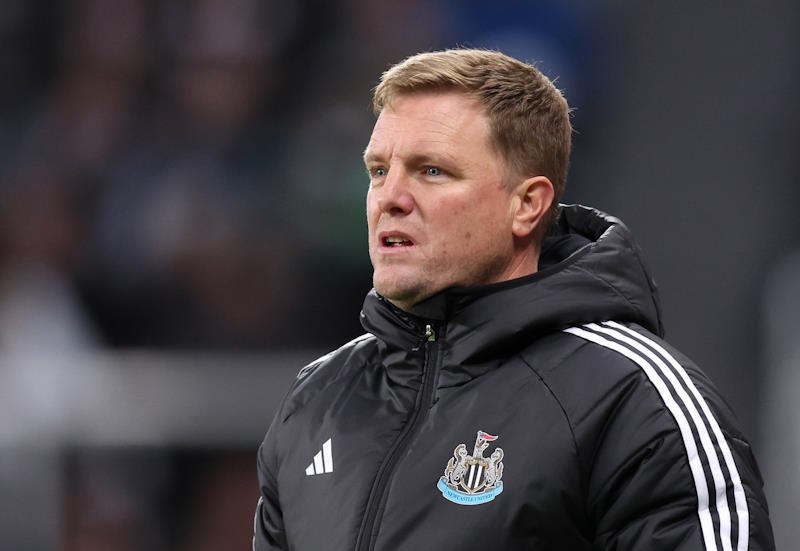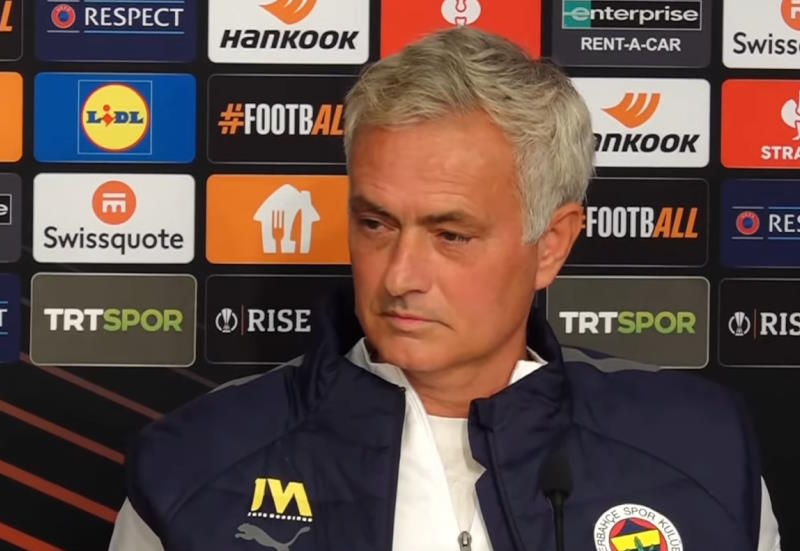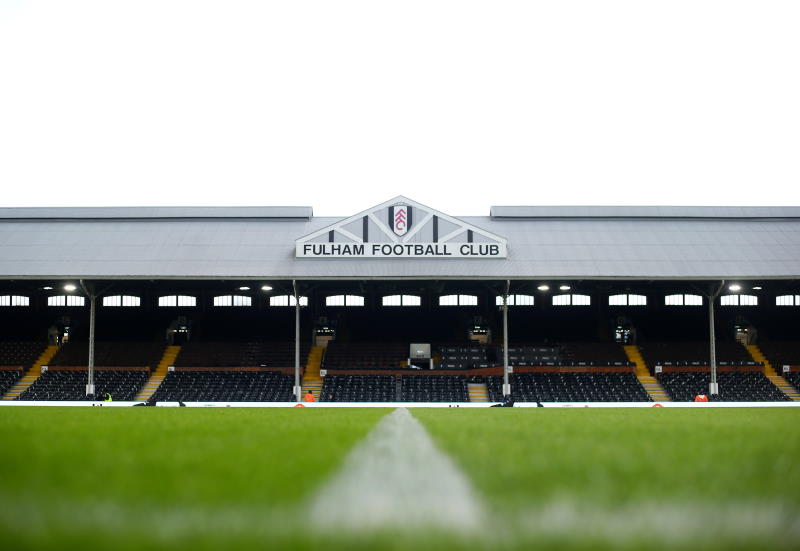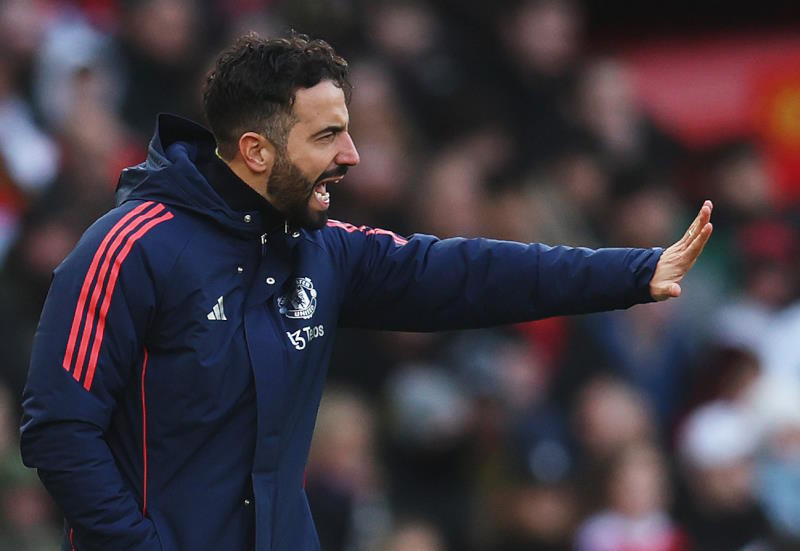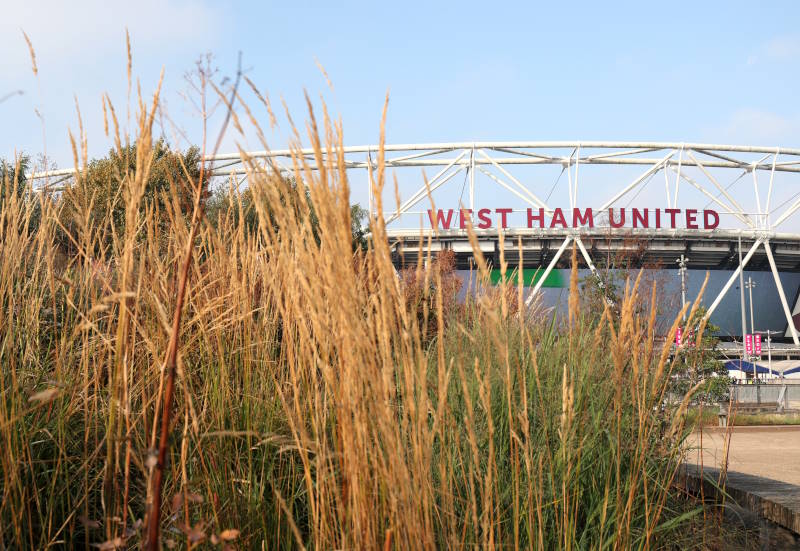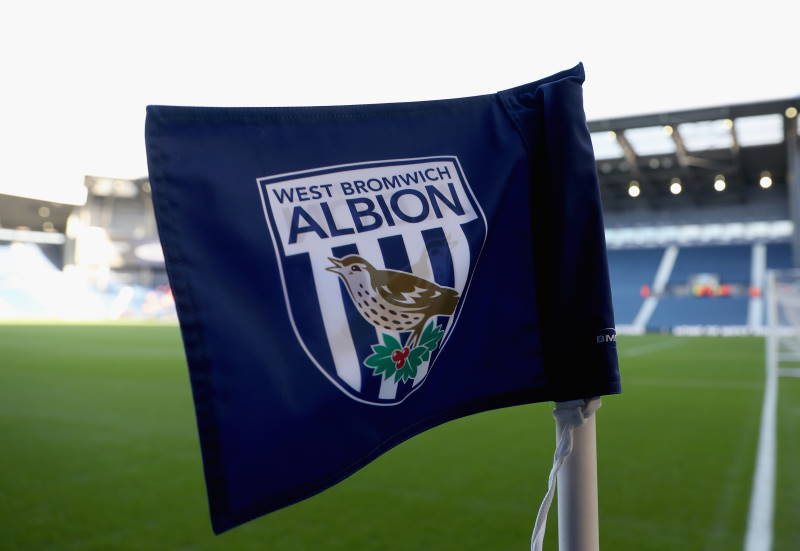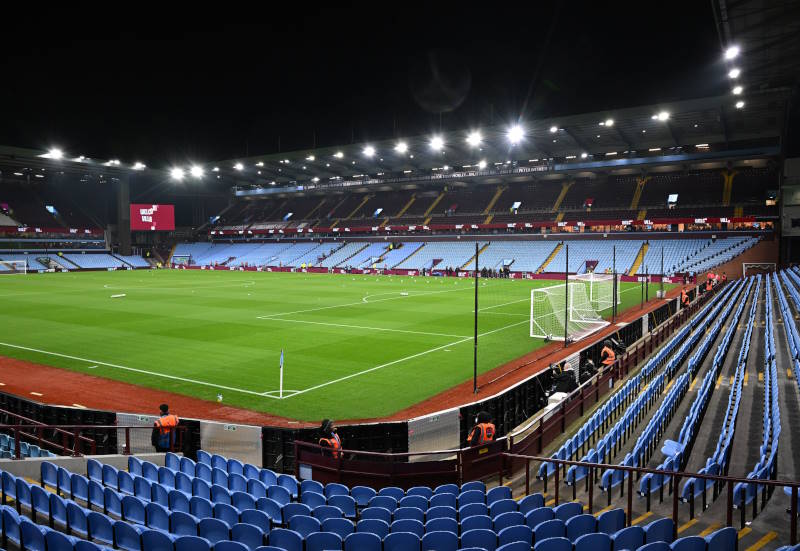
Since 2005 the Confederations Cup has been held in the host country of the following year’s World Cup, in this case hosted by Brazil, and the still relatively new tournament has become a respected and important part of the international football calendar. It is a fascinating chance to see some of the world’s elite nations go head to head in a short but exciting tournament in an otherwise empty summer of football, in particular the Brazilians, winners of the last two tournaments in South Africa and Germany.
All the pressure will be on Luiz Felipe Scolari’s side at this summer’s tournament to make it three in a row. The only competitive action Brazil will have had in the build up to 2014, the Confederations Cup is also a chance for the Selecao to win over their home fans, who can turn hostile and add to the pressure on this Brazil side when things are not going well.
Brazil have a tough task on their hands to triumph this summer. Spain come with a strong squad looking to continue their international dominance, whilst Italy outplayed Brazil in a friendly earlier this year. Copa America champions Uruguay cannot be discounted either, Japan are always a difficult threat and Nigeria are back after finally winning the African Cup of Nations this year. And Mexico are a rising power in world football with an exciting generation of youngsters who won last year’s Olympics in London. Then there is little Tahiti, a nation of less than 200,000 inhabitants, and who were shock winners of the Oceania Nations Cup in 2012.
 Group A – Brazil, Italy, Japan, Mexico
Group A – Brazil, Italy, Japan, Mexico
Brazil have endured a reasonably miserable 2013 so far, losing to England and drawing against the same opponents at home. They are a record low of 22nd in the FIFA rankings, although that is skewed by a lack of competitive action. They have also been held by Italy, Russia and Chile, whilst beating Bolivia, making it an unimpressive start for Scolari in his ‘second coming’. The 2002 World Cup winning coach is assisted by the man who won the 1994 tournament for the Selecao, Carlos Alberto Parreira, but they are struggling to rediscover former glories. Last time Scolari also took over a year before the World Cup and it may well be that his impact is felt most next summer. Nonetheless, Brazil do have one significant advantage – their league season is just getting under way, and so some key figures, such as Bernard, Neymar and Fred, should be in good shape compared to their European adversaries. But they must win over a hostile home crowd who have been quick to make their displeasure known with the Selecao of late when they have not met expectations. Anything other than victory will be considered failure, and the same will apply next summer too.
Italy arrive in Brazil with impetus carrying over from last year’s European Championship, when they exceeded expectations by reaching the final. In losing to the world champions Spain, Italy secured a place at the Confederations Cup and Cesare Prandelli has done well to modify the Azzurri and make them a more cohesive unit going forward. Andrea Pirlo is the key man in this team but age is slowly catching up with the Juventus schemer. The dynamic Claudio Marchisio and Daniele De Rossi should help Pirlo in midfield, whilst Riccardo Montolivo is a key link man between the midfield and attack. Reliant on width from their full backs, Italy have a narrow but flexible system which gets the best out of their forwards, the AC Milan pair Mario Balotelli and Stephan El Shaarawy.
Italy will meet a familiar face in Japan coach Alberto Zaccheroni, who has excelled in his post since his appointment in 2010. Japan and Brazil have a special football relationship and the Blue Samurai should be welcomed warmly by their hosts. Japan also became the first team other than the hosts to qualify for the World Cup last week and so it is fitting that they will kick this tournament off against Brazil. They won the Asian Cup in 2011 and impressed at the Olympic Games last year, beating Spain on their way to the last four. Zaccheroni has experimented with a 3-4-3 of late, and his talented squad features Shinji Kagawa, Keisuke Honda and Makoto Hasebe. Technical and intelligent, Japan’s work ethic means they are always difficult opponents. Recent defeats to Bulgaria and Jordan are cause for concern, but Japan showed their ability when they won away to France not long ago and should still be a threat in Brazil.
Mexico will take on their hosts with no fear when they meet in Fortaleza. They have been a thorn in Brazil’s side of late, beating them in the Olympic Games final in London last year, just over a month after defeating the same opponents in a friendly. Mexico, having excelled at youth football and with a talented generation of youngsters, have a strange record in recent matches. They have drawn six games in a row, are struggling to qualify for Brazil next year, but have also not lost for 10 matches. Jose Manuel de la Torre will have a team capable of winning this tournament if he can get the best out of them, with Javier Hernandez the key threat going forward, whilst Hiram Mier, Hector Herrera and Javier Aquino are among the most talented of the ‘golden generation’.
 Group B – Nigeria, Spain, Tahiti, Uruguay
Group B – Nigeria, Spain, Tahiti, Uruguay
Nigeria come to Brazil on the back of a remarkable triumph at this year’s African Cup of Nations. Almost 20 years after their last victory at the tournament Stephen Keshi guided his side to the continental title, edging out Burkina Faso in the final. Keshi is deprived of Emmanuel Emenike, the joint top scorer at that tournament, who is out through injury, as well as Victor Moses and Kalu Uche. They will look to Sunday Mba, scorer of the winning goal at the African Cup of Nations, and Chelsea’s John Mikel Obi to spearhead their challenge in Brazil.
For the reigning world and European champions, the last Confederations Cup provided a rare blot on the Spanish copybook. Beaten by the United States in the semi-finals, Spain’s international dominance was interrupted, before going on to win the World Cup the following year. Last year’s European Championship triumph was achieved despite criticism for playing without a recognised striker, but the 4-0 win in the final against Italy showed their class again. But Spain have not been at their best in World Cup qualifying, drawing at home to France and Finland, and with Xavi’s fitness not quite what it was, Spain look more vulnerable than they used to. They still boast the most talented collection of players around though.
Ranked 138 in the world by FIFA, Tahiti will be out to show they can more than make up the numbers at the Confederations Cup. They arrive as winners of the 2012 Oceania Cup, the first time in four decades that the victor was not Australia or New Zealand. Steevy Chong Hue was the match winner in the final against New Caledonia and he will guide a team boasting just one player from outside the country to Brazil. That player is Marama Vahirua, the veteran striker plying his trade for Panthrakikos in Greece, and the only Tahitian to ever play professional football. It is hard to see Tahiti taking anything away from this tournament beyond souvenirs, but well organised and plucky underdogs are always capable of pricking the egos of the world’s bigger nations.
In 1950 it was Uruguay who inflicted upon Brazil a national trauma from which they have not recovered, winning 2-1 in what was effectively the final of the World Cup in the Maracana in Rio de Janeiro. How they would love to repeat that next year, but the Brazilians will be enthused by the fact that Uruguay may not even be back in their country for the World Cup the way qualifying is going. Oscar Washington Tabarez’s side, after reaching the last four at the 2010 World Cup and winning the Copa America two years’ ago, have lost their continental supremacy. Tabarez has tried to remodel his side, dropping one of his two defensive midfielders and easing Diego Forlan out of the team in favour of playing Edinson Cavani further up alongside Luis Suarez. But the loss of balance has led to some indifferent results with last year’s Olympics failing to provide a new raft of youngsters to take the team forward. Uruguay may have their sights on finding some balance and rhythm again at the Confederations Cup, rather than worrying too much about how far they go.
When the tournament gets under way Group A will capture the attention, with two from four of Brazil, Japan, Italy and Mexico exiting before the semi-finals. Group B should see Spain ease through along with Uruguay or Nigeria, the latter of whom could benefit from their South American rivals’ troubles. With just a year to go until the World Cup, the next month offers a fascinating insight into the relative strengths of some of the leading contenders for that tournament, with Brazil, Italy and Spain expected to be amongst the favourites along with Argentina and Germany. Mexico could also be dark horses, and their rise may be another of the interesting back stories to this edition of the Confederations Cup.
Betting on the Confederations Cup? Pay Inside Bet a visit first!

